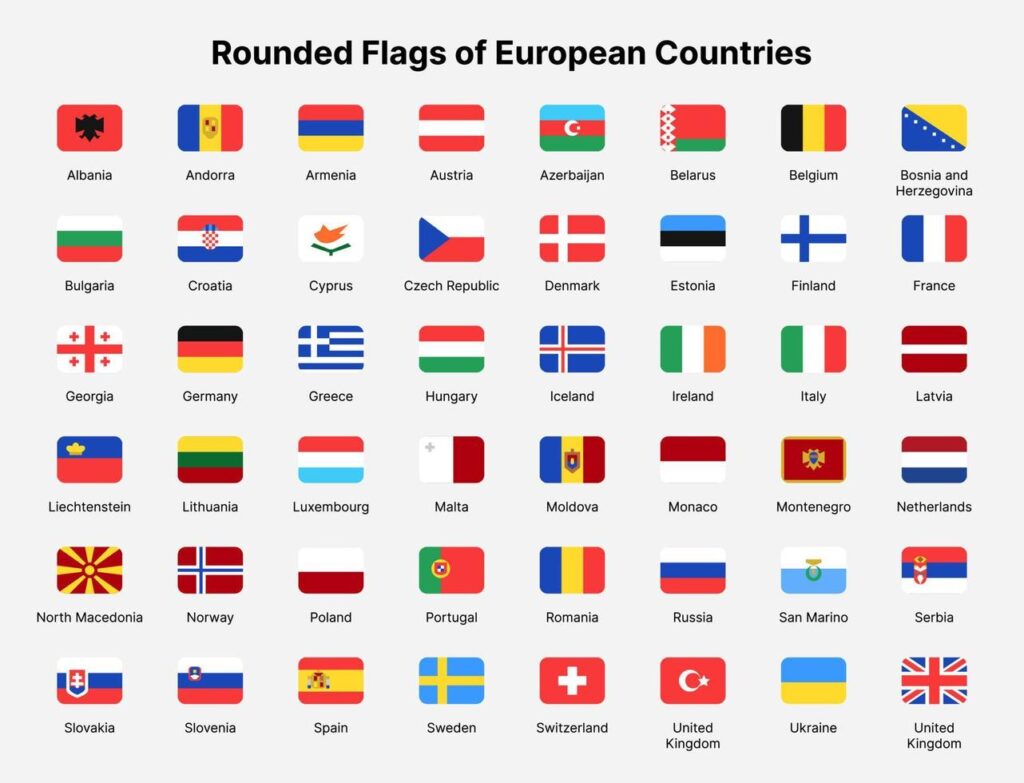In recent years, Europe has increased in appeal as a location for international labor. This tendency has several causes. First off, Europe offers a high quality of living, as well as effective social welfare, healthcare, and educational institutions. As a result, it is a desirable area to live and work in. Additionally, society in Europe is cosmopolitan and varied, and it is open to people from all over the world. The robust economy of Europe is another factor contributing to the increase in the number of international employees. Low unemployment rates and strong demand for qualified labor are commonplace in many European nations. Accordingly, there are a lot of employment possibilities accessible for international employees, especially in sectors like technology, healthcare, and finance.

But getting a job here is more difficult than it first appears. Before accepting a position, job seekers must do their homework to discover one that is suited for them. Additionally, the candidate has to get an employment visa to work here. For more information on how to find work and get an employment visa, continue reading.
Ways to find a job
Although searching for a job in Europe might be challenging, it can also be lucrative if done correctly. Here are five strategies for getting a job in Europe.
Research the job market
Do some preliminary study on the labor market in the nation you are considering. Find employment vacancies in your field and research the qualifications needed for each one. You may use this to better match your CV and cover letter to the position and raise your chances of getting hired.
Networking
Second, think about using networking to discover employment prospects. Participate at employment fairs, sign up for organizations for professionals, and make connections on LinkedIn. Developing connections with experts in your sector might result in employment offers and useful advice.
Learn the language
Third, becoming fluent in the language of the nation where you want to work. You’ll become a more attractive prospect as a result, and you’ll also be able to fit in better and transfer more easily.
Contact recruitment agency
Fourth, think about collaborating with a staffing firm. They can assist you with finding employment possibilities that fit your qualifications and experience, as well as offer advice on the application and interview processes.
Be patient
Lastly, use patience and persistence. Even though it could take some time, maintaining a positive attitude and being persistent will boost your chances of success. Continue to apply for jobs, follow up on applications, network, and develop connections in your industry.
Employment visa
For many people, getting an employment visa in Europe may be a difficult process. However, the procedure may be made simpler with the correct knowledge and direction. Choosing the European nation you want to work in is the first step. It is crucial to do your study and comprehend the exact rules because each nation has its own set of prerequisites for acquiring an employment visa.
You must gather all the data and papers needed for the visa application once you have decided which nation you would like to work in. This normally consists of a current passport, work documentation, and a clear criminal history. It is crucial to keep in mind that the application procedure might take many weeks or even months, therefore it is advised to get started as soon as feasible.
Top European countries
Due to its robust economy and low unemployment rate, Germany is a popular place for expats to relocate. The nation also provides a high level of living and a fantastic work-life balance.
The Netherlands is yet another popular destination for expats. A strong job market with an emphasis on innovation and technology is present throughout the nation. Additionally, the Dutch government offers tax breaks to highly skilled immigrants, making it a desirable alternative for people looking for work in these industries.
Lastly, the high wages and great working conditions in Switzerland make it a popular choice for foreigners. The economy of the nation is strong and varied, and a variety of industries provide work possibilities. Before applying for jobs, it is advised to learn about visa requirements because Switzerland has tight immigration rules.
You may also find these articles helpful
Best countries in Europe to immigrate



